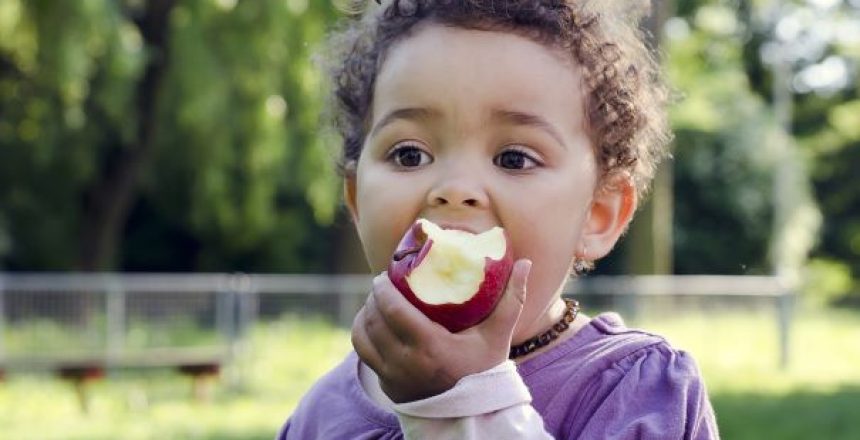The Unity of the First People of Australia are a not-for-profit organisation and in 2002 and 2006 received funding from the BrightSpark Foundation in support of their community based program known as the Diabetes Management and Care Program.
Type 2 Diabetes is generally associated with mature age and can cause health complications including diseases of the kidneys, eyes and heart, and can lead to premature death if not properly managed. Of particular concern, there has been a rapid increase of this disease among young Aboriginal people and their susceptibility to develop health complications at an earlier age.
The Diabetes Management and Care program aimed to prevent, manage and treat Type 2 diabetes in Aboriginal communities through the delivery of a mobile program in remote areas of Western Australia. With research funding support from the BrightSpark Foundation in 2002 and 2006, the Unity of the First People of Australia sought to determine the prevalence of Type 2 Diabetes in aboriginal children in Western Australia. In addition, the research project aimed to measure the effectiveness of a new management strategy – a mobile team which would care for and educate families of children with newly diagnosed diabetes. The Mobile Education Unit consisted of a diabetes educator and dietician, with resources and support also available from a paediatric diabetes specialist, social workers, and addition paediatric dietitians and educators based at Princess Margaret Hospital in Perth.
The Program had a positive response among community members, in aiming to adapt to a healthier lifestyle to combat the increasing incidence of diabetes and related health conditions within the community. Guidelines were developed as part of this project, outlining best approaches to the management and care of children with Type 2 Diabetes living in remote Aboriginal communities. A further outcome of the project was the delivery of nutritional, health, and physical education to the community generally, as well as clinical delivery of health services to treat children with Type 2 Diabetes under this program of care.
Further information about the outcomes of this research project can be found in the published research article titled ‘An Aboriginal-driven program to prevent, control and manage nutrition-related lifestyle diseases including diabetes’ by Gracey et al. (2006), which is accessible as a free journal article here: https://pubmed.ncbi.nlm.nih.gov/16672201/


